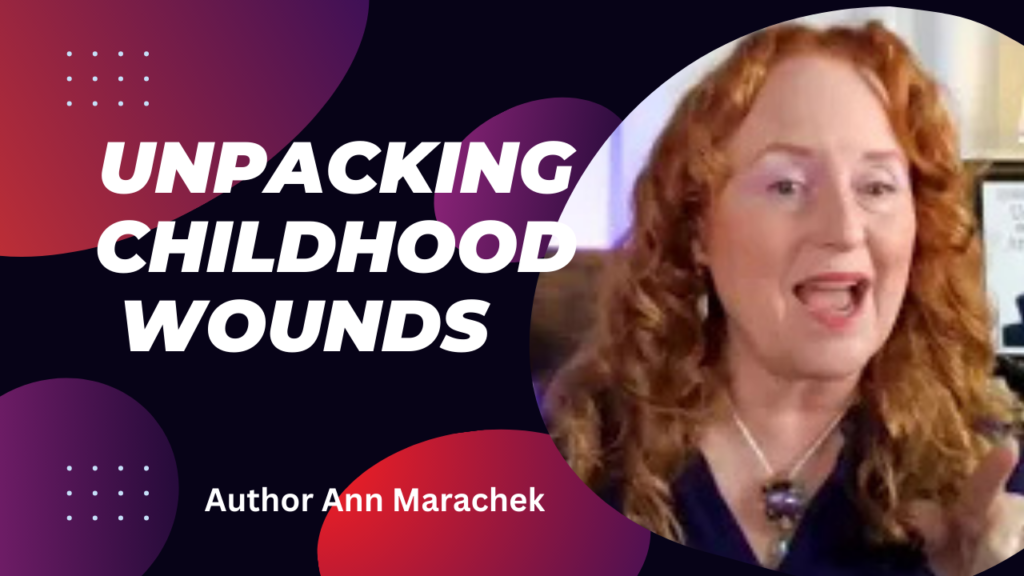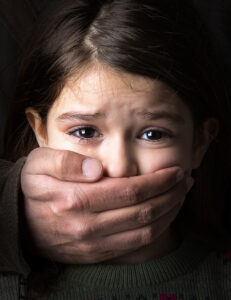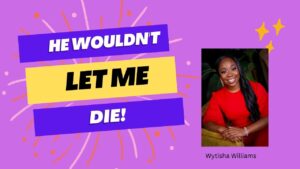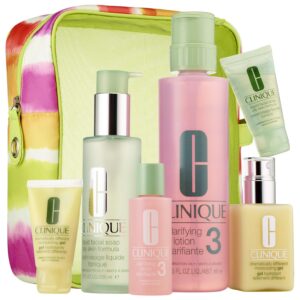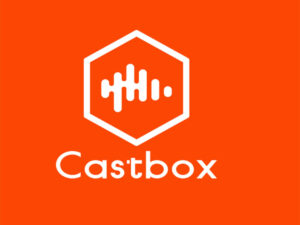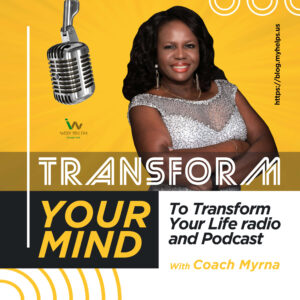10 ways that, childhood trauma, can sabotage your love life and relationships. Relationship Coach Riana Milne joins The Transform your Mind podcast to discuss, childhood trauma, and how it impacts our adult life. Riana is the best selling author of “Love Beyond your Dreams” and “From Fear and Doubt to Personal Power, Purpose and Success.”
For anyone who have had trouble maintaining healthy relationships, listen to find out if your have any of the, childhood trauma, that can affect your love relationships.
IN THIS EPISODE YOU’LL LEARN:
How does, childhood trauma, impact adults in life and love?
Riana goes over ten, childhood traumas, and relate them back to how they show up in our lives as an adult.
To get the most out of this topic, Riana advise the listeners to Get a sheet of paper and make three columns.
The first column you put “ME”, the second column you put “Your partner” and the third column you put “Your parents” because research shows, childhood trauma, go through the generations.
So here are the ten, childhood traumas:
As I speak them remember that when you were child you’re very young and innocent all you knew is what mom and dad modeled to you so there’s
nothing to feel guilt or shame about.
I don’t want people to say no it didn’t happen because they’re embarrassed or they feel shame around it.
If it is a fact, if it happened write it down.
It is like putting a puzzle together. Once you know what your, childhood trauma, is and then how it’s showing up as a for you as an adult.
As a coach, I can start putting the pieces together and everything starts making a whole lot of sense.
My favorite line is you can’t change what you don’t understand.
Childhood trauma, #1 addictions
1. Addictions – as a child, did your parents have any addiction?
Now we typically think of drugs and alcohol, but there’s also sex addiction.
If your parent was a cheater or watched porn, have an eating addiction, was a hoarder, spending or gambling, workaholic etc. There’s 11 addictive behaviors.
Childhood trauma, #2 Verbal Abuse
2. Verbal abuse – Did you witness your mom and dad screaming and yelling at each other? This, Childhood trauma, is typical is yelling screaming but this also includes no verbal alkaloids, no compliments, not hearing I love you
verbally humiliated, or put down, your opinion means nothing, or statements like “you’ll never amount to anything.” Comments like that.
Childhood trauma, #3 emotional abuse or neglect
3. Emotional abuse or Neglect – Your parents were not around, being gone for long periods of time. Research also shows latch key kids let’s say they came home from school at 3 o’clock and mom if they’re in a single household mom
had to work 9 to 5. That child is alone for two or so hours.
There’s anxiety around that. So that even falls under the neglect believe it or not. While we’re out trying to support our kids there home alone.
Childhood trauma, #4 Psychical abuse
4. Physical Abuse, Rape or Molestation – This, childhood trauma, could have happened in or outside of the home. Physical abuse is being beat hit in any way other than the typical spanking like a quick spank on the butt. Research shows that spanking does nothing to help teach your child anything, so I always say when I do parenting lectures in the schools we’re supposed to teach our child another way.
If you’re beating them or hitting them you’re teaching them to be violent back. We don’t want to do that.
Childhood trauma, #5 Abandonment
5. Abandonment – There’s two types, childhood trauma, from abandonment. Fault and No Fault abandonment.
Here are three examples, childhood trauma, from no-fault abandonment.
• a parent has to go off and serve at war
• a parent happens to die early
• early a parent travels away from the home a lot for work. 20:24
Here is an example of “Fault” abandonment:
• Divorce and the mom or dad leaves the home and is supposed to see the children every weekend and is either late or
cancels, does not pick up the child. The dad is spending more time with his new girlfriend than he is paying attention to you the child.
Childhood trauma, #6 Adoption
6. Adoption – if you were adopted, part of the foster care system, or you needed to live with relatives because mom or dad couldn’t take care of you, that even includes Grandma’s, aunts or uncles. I had a client who signed up with me she
asks “How about if we chose to live with another family because we didn’t want to go home? I said yes that falls under this category because there was always yelling and screaming in her household so she didn’t want to go home.
Childhood trauma, #7 personal trauma
7. Personal trauma – This comes from being bullied, feeling different not fitting in, being a little overweight as a child or like me skinny and gawky. Many people remember being bullying not part of the sports teams.
Childhood trauma, #8 Sibling trauma
8. Sibling trauma – Your sibling could have been born with a medical issue where it demanded more of moms and dads time. Or they could be bullying you, but most often this one applies to if you perceive your sibling as being the golden child. They were more athletically beautiful or handsome or intelligent getting better grades and mom or dad gushed over
them versus you. You were always trying to prove yourself and say see I’m worthwhile too.
Childhood trauma, #9 Community trauma
9. Community trauma – If a parent was incarcerated, if you moved a lot like military families. In the U.S.A military families move every two to four years. Growing up in lack, growing up in dangerous neighborhoods, that’s all
family trauma and community trauma. Today we can also have, childhood trauma, if we have active volcanoes, massive fire, floods, hurricanes, mass shootings in our community.
https://myhelps.us/whats-your-story-breakthesilence/
Childhood trauma, #10 Mental Health
10. Mental Health – Bipolar, Manic Depression, Hidden personalities. We have Sociopaths and narcissism is part of community trauma. Sociopathic means that they have no regard for your emotional feelings, they act on what they want, when they want without thinking about their partner or the repercussions.
I am unlike every other love coach, because I specialize in how the past has harmed you and what you’re attracting. We call it same person different face. The repetitive toxic relationships and this happens to my clients who are very successful
in business but they struggle in love. They can’t figure out why like I can get the career right,
Sponsored AD
If you would like to improve the quality of your life and don’t have the budget to hire a coach, then I have an offer for you. Why not play the game of life and learn the skills to maneuver life situations. How many of you have played the game of monopoly and learned the value of having property to collect rent?
1. The Coaching Game features 65 associative cards that explore significant everyday life themes.
2. Punctum fosters associative connections between photos, themes and questions. These flexible combinations make it a fascinating tool, highly effective in dynamic therapy, coaching and counseling.
3. Faces is a powerful way to get to know ourselves through the observation of others.
PLEASE SUBSCRIBE to the PODCAST so you can get new episodes as they are uploaded. You can listen on, iTunes, TuneIn radio, and Spotify.
There’s Nothing “Wrong” with You that Makes Dating So Hard! In Fact, 90% of People Have the Same Challenge when it comes to Love! (And They Don’t Even Know It Exists!)
Imagine attracting and having the Emotionally Healthy Love Relationship you’ve always wanted – and the life you are passionate about! It’s possible and I’ll show you what you’ve been doing “wrong”. (And it’s not what you think!)
It’s time to get the FACTS and learn EXACTLY what is going on, and How to Fix It!
Additional Resources:
What happens to us as children can affect the attachment style we carry into our adult relationships. Childhood Trauma, hugely influences attachment. Often people who grew up in happy, healthy, and stable homes where caregivers were emotionally available and responsive to their needs have a secure attachment style. These people don’t push partners away or cling too tightly. While they may have troubles in their relationships, an unhealthy attachment style isn’t the cause.
The Long Shadow of Childhood Trauma
A new study suggests that stress experienced early in life damages the ability to assess risk, creating young adults with poor decision-making skills.

